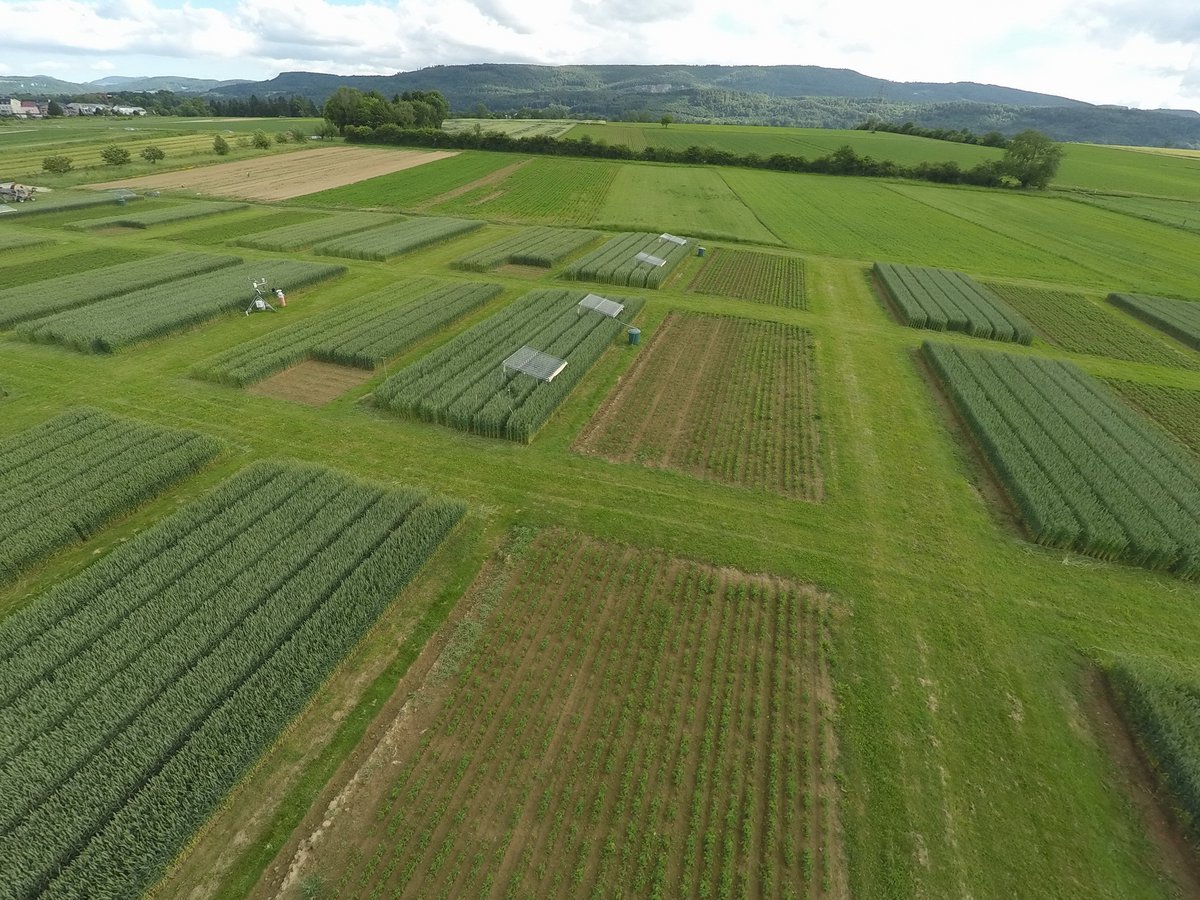Organic farming to protect biodiversity
The sustainable use of natural resources is one of the central challenges of our time. Ecosystems are increasingly becoming providers of important services for society, ecosystem services. Examples include climate regulation, the production of food and other agricultural goods, as well as the supply of clean drinking water and the preservation of biodiversity. Soil biodiversity is the foundation for these ecosystem services. It is also imperative for sustainable land use as well as food production. However, soil life is threatened by the intensification of agriculture, whose goal is to maximize yields, but also by changing climatic conditions.
In the EU project Managing soil biodiversity and ecosystem services in agroecosystems across Europe under climate change (SOILCLIM), the research group led by Prof. Klaus Birkhofer, Department of Ecology, with partners in Sweden, Estonia, Germany, Switzerland and Spain, is investigating the effects of drought on soil organisms and ecosystem functions in organic and conventional farming. In a long-term experiment in Switzerland, the scientists aimed to find out how biological communities, such as microbes and insects, react in their composition to both drought stress and long-term conventional farming. The result of the study is a decrease in biological activity in the soil and a significant weakening of the contribution of soil organisms to ecosystem functions under conventional management.
For example, drought and conventional farming weaken the partnership between plants and fungi. Many wheat varieties benefit from this symbiosis because they can absorb more nutrients, such as nitrogen and phosphorus, from the soil. In turn, they provide the fungi with carbohydrates that the plants produce through photosynthesis.
"Partnerships like this allow for high yields and the protection and conservation of soil moisture. Both are highly important for farmers," says Prof. Klaus Birkhofer. "More sustainable agriculture can only succeed under the predicted increase in drought by harnessing biological processes that promote soil formation and nutrient cycling and the associated biodiversity," says the scientist, summarizing the study's findings. "The publication proves that organic farming is a strategy to achieve this goal and in this way can contribute to mitigating the effects of climate change."
The collaborative project Managing soil biodiversity and ecosystem services in agroecosystems across Europe under climate change (SOILCLIM) was funded from 2016 to 2020 under BiodivERsA in the Horizon 2015/2016 ERA-NET COFUND program. BiodivERsA is a network of national and regional funding organizations that promotes Europe-wide research on biodiversity, ecosystem services and nature-based solutions, and provides innovative opportunities for the conservation and sustainable management of biodiversity.

